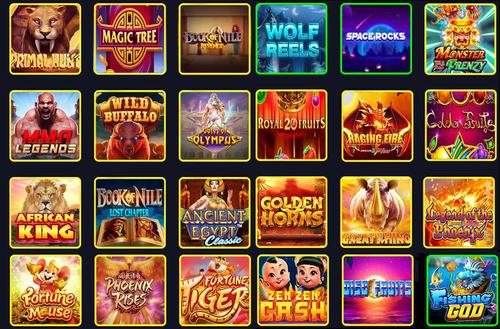
# Understanding the Korean Word for Lucky
In Korean culture, luck and fortune play significant roles in daily life and traditions. The word commonly used to express "lucky" is **"행운" (haengun)**. This article delves into the meaning, significance, and usage of this term in various contexts.
## 1. The Meaning of "행운"
The word 행운 is composed of two characters:
### 1.1. 행 (haeng)
The character "행" denotes actions or deeds, often relating to positive outcomes. It implies a sense of movement towards something favorable, which distinguishes it from mere chance.
### 1.2. 운 (un)
The character "운" reflects fate or fortune. It embodies the idea that some events or situations are beyond our control and can be considered a gift from the universe.
Together, 행운 conveys a deeper meaning than just good luck; it suggests a harmonious blend of effort and favorable circumstances.
## 2. Cultural Significance
In Korean culture, luck is associated with various traditions, rituals, and even superstitions.
### 2.1. Traditional Beliefs
Many Koreans believe that certain actions or objects can attract 행운. For example, having a lucky charm or wearing specific colors during holidays can supposedly enhance one's fortune.
### 2.2. New Year Celebrations
During the lunar New Year, families often partake in rituals designed to usher in 행운 for the year ahead. These might include preparing traditional dishes, paying respects to ancestors, and sharing stories of prosperity.
## 3. Usage in Daily Life
The word 행운 is widely used in various contexts in everyday life.
### 3.1. Greetings and Well Wishes
Koreans often wish each other 행운 in both personal and professional settings. Phrases such as "행운이 따르길 바래요!" (I hope luck follows you!) reflect a cultural desire for shared success and happiness.
### 3.2. Media and Literature
In Korean dramas and novels, the concept of 행운 frequently appears as characters navigate challenges. The portrayal of this term can impart important lessons about perseverance and the unpredictability of fortune.
## 4. modern Perspective
In today’s globalized society, the understanding of 행운 has evolved.
### 4.1. Integration with Western Influences
As cultural exchanges increase, younger generations may combine traditional views of 행운 with Western notions of luck. This fusion leads to new interpretations and practices related to fortune.
### 4.2. Personal Responsibility
While many still uphold traditional beliefs, there’s a growing emphasis on personal responsibility in creating one’s own 행운. This perspective promotes the idea that while luck plays a role, hard work and determination are equally crucial.
## Conclusion
The Korean word 행운 encapsulates a rich cultural narrative about luck and fortune. It not only emphasizes the balance between fate and effort but also reflects the values and beliefs of Korean society. Understanding this term offers a fascinating glimpse into how language shapes cultural identity and influences daily life.
Word Count: 525